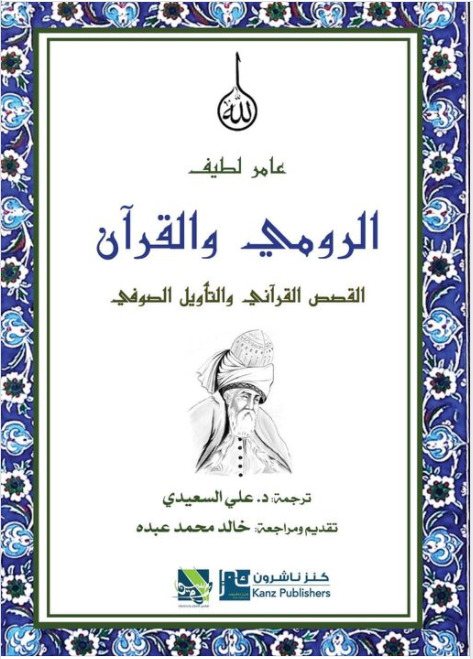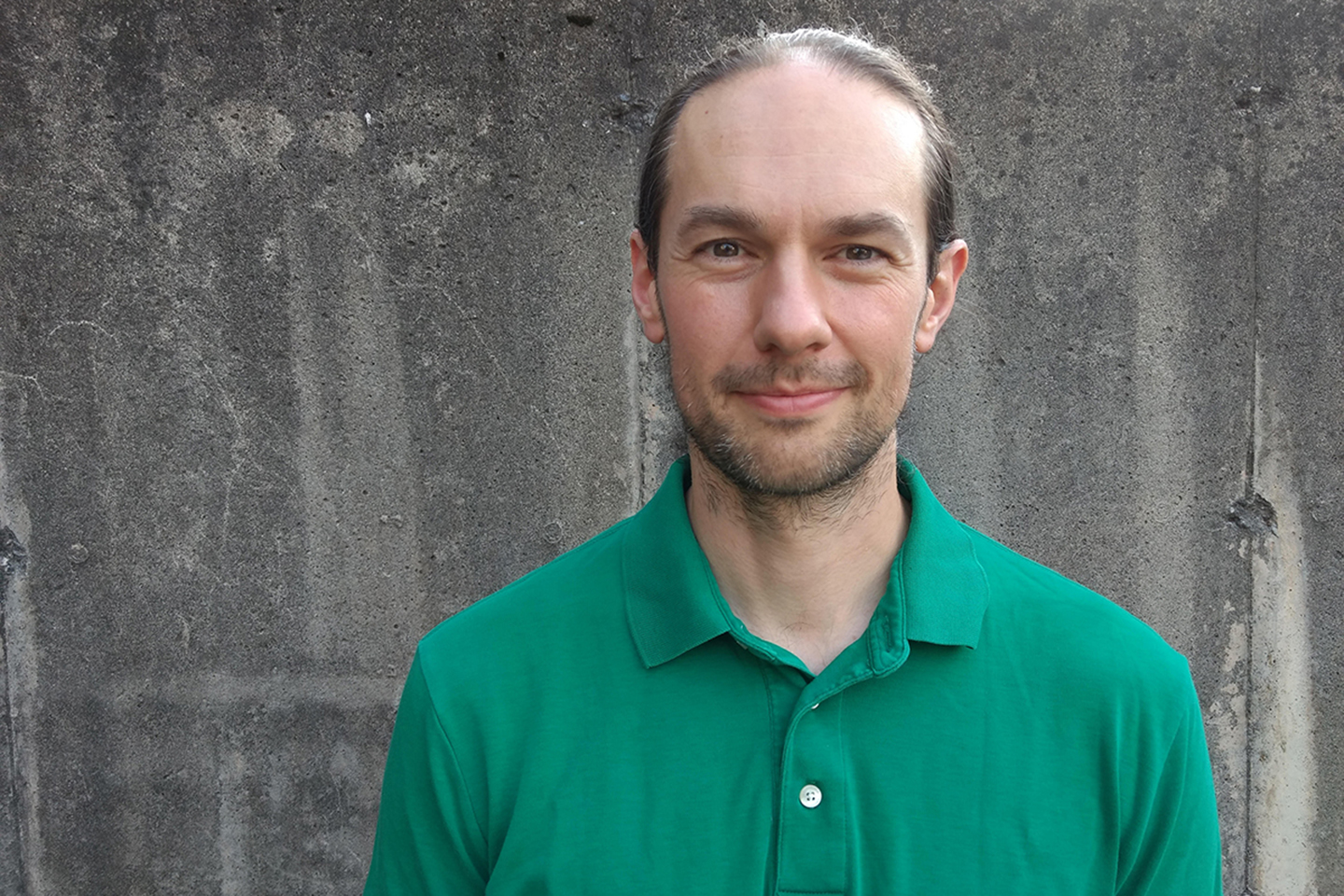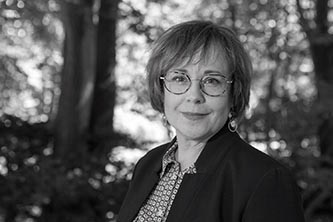Marlboro College has always provided a wealth of interdisciplinary coursework, including courses drawing important links between the humanities and sciences. Now, with the support of a National Endowment for the Humanities (NEH) grant, the college is positioning itself to offer a new undergraduate Data Humanist Certificate Program, making these links even more explicit and demonstrating students’ preparedness for the workplace.
“There is an obvious utility in a student being able to say to a prospective employer, ‘I did some relevant data work,’” said Adam Franklin-Lyons, history professor and one of the faculty members who applied for the grant. “They might have studied literature, but they also worked with a state agency or nonprofit on a data project. If they are applying to do something similar, I think that’s a no brainer.”
The NEH Humanities Connections Grant for $30,000 will support the development of a certificate program that provides clear links between humanities coursework and data-driven classes in mathematics, computer science, and biology. The certificate will involve taking two data classes, two humanities classes, and two designated “bridge” classes that are co-taught by faculty from both areas.
“The ideal is to have four bridge classes in rotation, so they each come around every two years,” said Matt Ollis, math professor, who is also on the grant. “Adam and I will co-teach Cartography once every two years, just as we have in recent years. And Jenny Ramstetter (biology) and Kate Ratcliff (American studies) will continue the Culture and Ecology of the Western US class they’re teaching this semester.” Other bridge courses will take some development, but one about migrations among humans and other species is in the planning stage.
The certificate will also involve a capstone project that connects with the community in some way, either through working for a government agency, nonprofit, or other organization. This project could also be a component of the student’s Plan of Concentration, so it’s not necessarily more work than meeting the requirements of a bachelor’s degree.
“In many ways people can do this now, combine a data project into their Plan in humanities, and there are several students who are doing something very much like it,” said Matt. “We’re just organizing it and recognizing it as a thing for which you can get a certificate. You can get a degree in history plus a data humanist certificate.”
“There are many ways to completing a project, from working with state government agencies in Montpelier over the summer to working with a local nonprofit on a weekly basis,” said Adam. He is also part of a research collaboration at Wesleyan University, called Traveler’s Lab, that uses modern data techniques to explore medieval travel networks, and hopes that some students will focus their data projects there.
For now, the NEH grant will support the work of the grant team, which includes Adam, Matt, Jenny, Rituparna Mitra (literature), and Kate Trzaskos (assistant dean of career education), as they research potential project sites in the region. They will also attend conferences and collaborate with colleagues working on similar interdisciplinary curricula, and finalize the certificate program through the Marlboro faculty for a proposed roll-out in Fall 2020.
“Marlboro is working to draw clearer connections between students’ coursework and their readiness for a dynamic and changing workplace,” said Richard Glejzer, provost and dean of faculty. “In this age of big data and data analytics, there is a need for people who can interpret numbers and explain their relevance, as well as collaborate and communicate effectively with a variety of stakeholders. This unique certificate program cultivates these skills.”



